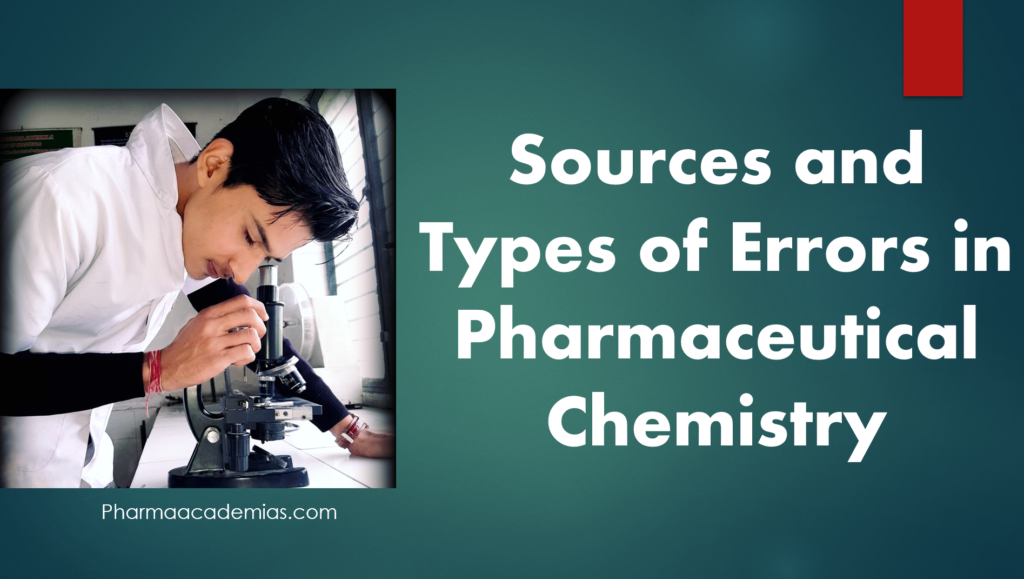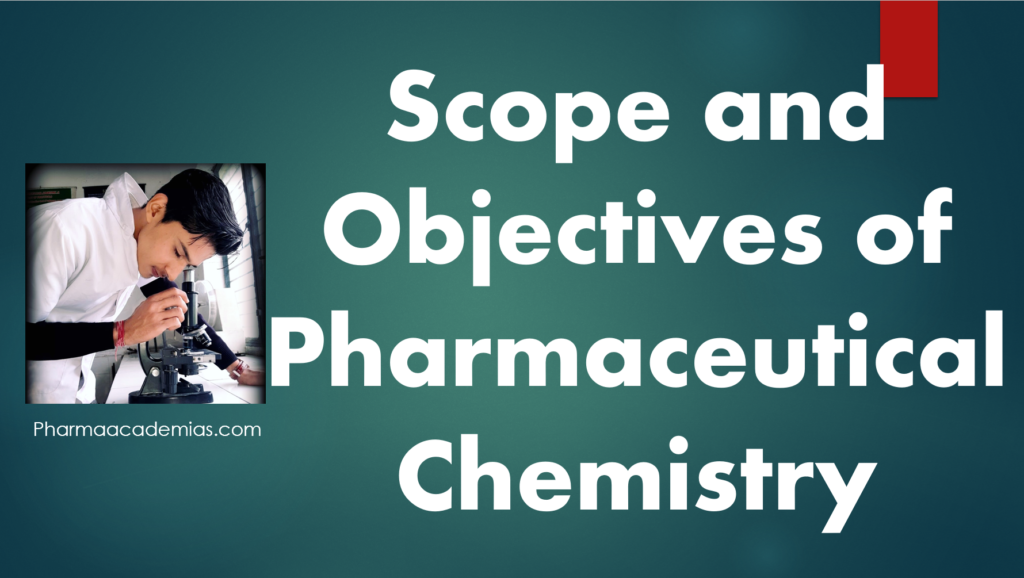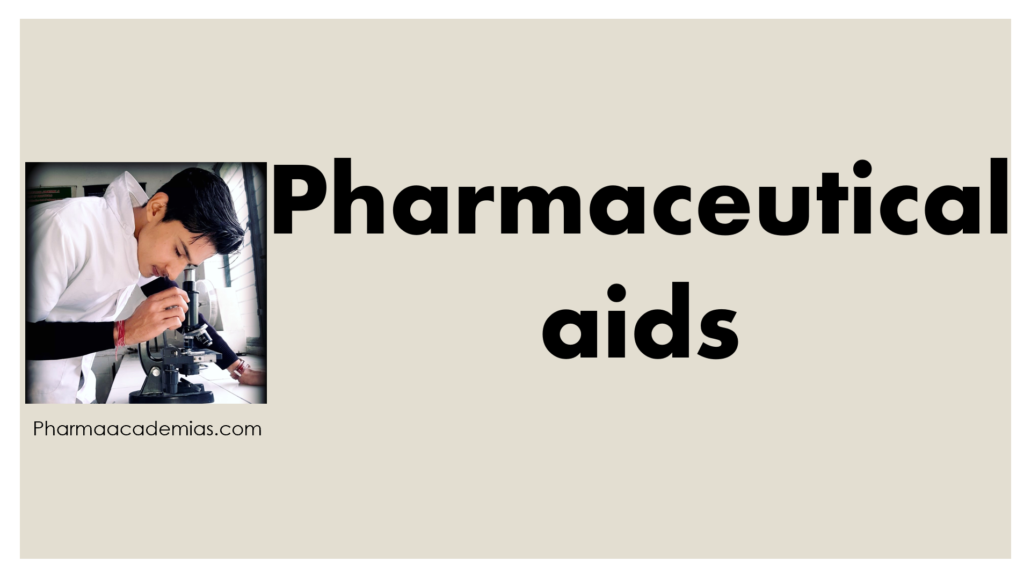Precision refers to the ability of a measurement or analytical procedure to produce consistent and reproducible results when performed repeatedly under the same conditions. It is a critical aspect of pharmaceutical analysis and quality control, ensuring that the data obtained from analytical methods are reliable and trustworthy. Here are key points about precision in pharmaceutical […]
Category: D.pharma
Pharmaceutical chemistry is pivotal in drug discovery, development, and quality control. Given its critical importance in healthcare, errors in pharmaceutical chemistry can have far-reaching consequences, including patient safety and product efficacy. Understanding the sources and types of errors is essential for maintaining the quality and safety of pharmaceutical products. Here is a detailed note on […]
Pharmaceutical chemistry is a multidisciplinary field at the intersection of chemistry and pharmacy. It plays a crucial role in the discovery, development, and production of pharmaceutical drugs, as well as their quality control and regulation. The scope and objectives of pharmaceutical chemistry encompass a wide range of activities and goals: 1. Drug Discovery and Development […]
Preservatives
Preservatives are substances or additives used in various industries, primarily in the food, pharmaceutical, and cosmetic sectors, to extend the shelf life of products by inhibiting the growth of microorganisms, such as bacteria, yeast, and molds. Preservatives help maintain the quality, safety, and efficacy of products, prevent spoilage, and reduce the risk of contamination. Here’s […]
Organoleptic agents
Substances like coloring, flavoring, and sweetening agents actively enhance the sensory properties of various products, especially in the food and beverage industry. These agents improve attributes like color, taste, aroma, and overall palatability. These agents play a crucial role in making products more appealing to consumers. Here’s a detailed note on organoleptic agents: 1. Coloring […]
Pharmaceutical aids
“Pharmaceutical aids” is a broad term that can refer to a range of substances, materials, or tools used in the pharmaceutical industry to aid in various aspects of drug development, manufacturing, testing, or administration. These aids are essential in ensuring the safety, efficacy, and quality of pharmaceutical products. Here are some common examples of pharmaceutical […]
Rubber
Rubber is not commonly used as a primary packaging material in the packaging industry. Typically, rubber is used for specialized applications, such as gaskets, seals, and liners, rather than as the primary packaging material for consumer products. However, for the sake of completeness, I can provide a discussion of the advantages and disadvantages of rubber […]
Metal
Metal is occasionally used as a packaging material for specific applications, especially in industries where product protection and durability are critical. Here are the advantages and disadvantages of metal as a packaging material: Advantages of Metal as a Packaging Material: 1. Strength and Durability: Metal is renowned for its strength and durability. It offers excellent […]
Plastic
Plastic is a widely employed material in the pharmaceutical industry for packaging various products, from pills and tablets to liquids and powders. Here are some key considerations regarding the use of plastic in pharmaceutical packaging: Advantages of Plastic as a Pharmaceutical Packaging Material: Versatility: Plastic is available in various forms, such as polyethylene, polypropylene, and […]
Glass
Glass is versatile in various applications, including packaging, construction, and consumer products. It has several advantages and disadvantages, which are important to consider in different contexts. Here’s a note on the advantages and disadvantages of glass: Advantages of Glass: 1. Transparency and Aesthetic Appeal: Glass is transparent, allowing consumers to see the contents, which is […]










